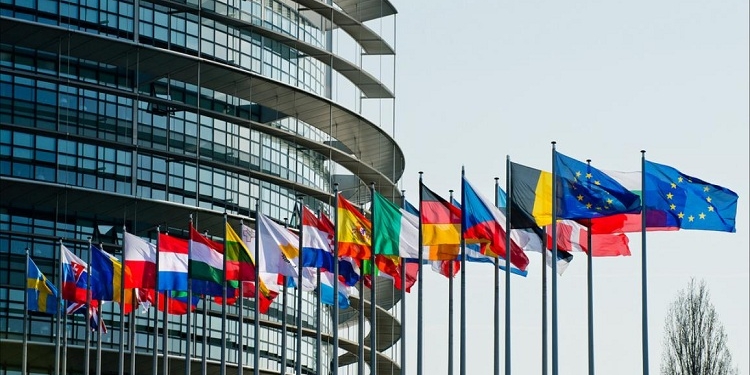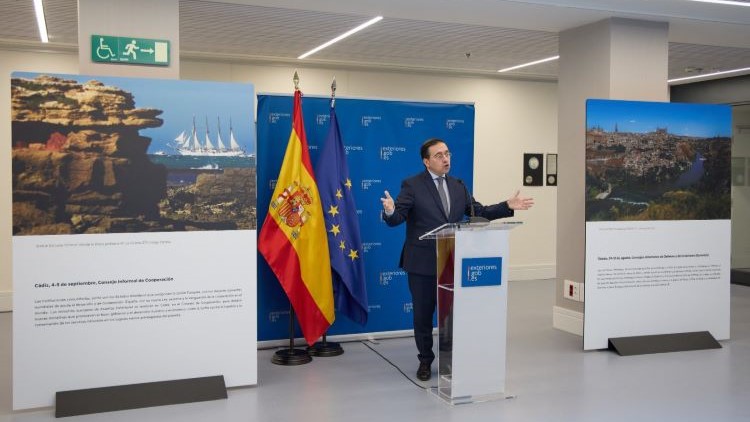The Diplomat
The European Parliament’s committee of enquiry into the Pegasus case yesterday issued its report with its conclusions after more than a year of work. The report points to Morocco as the “possible” responsible for spying on the mobile phones of the Prime Minister, Pedro Sánchez, the Minister of Defence, Margarita Robles and the Minister of the Interior, Fernando Grande-Marlaska, reports Efe.
On the other hand, the conclusions report, which was approved by 30 votes in favour, three against and four abstentions, assumes that it was the “Spanish authorities” who spied on Catalan pro-independence politicians, 18 of them with judicial authorisation, although it questioned the proportionality of the eavesdropping.
“On the basis of a number of indicators, some of which were admitted in the Official Secrets Commission (of the Congress of Deputies), it is assumed that the surveillance of Catalan targets was carried out by Spanish authorities,” the report said.
The Spanish government has always defended in the Congress of Deputies that the investigations were carried out with judicial authorisation and that it is obliged to keep them secret.
After the conclusions of the enquiry committee were made public, the PP said that the report calls for more “clarity” from the Prime Minister on Morocco’s possible role in cyber-surveillance cases involving the Pegasus system. The PP believes that the European Parliament has highlighted the lack of information provided by the Spanish government on the spying on Sánchez’s phone and has asked for “more clarity and transparency”.
The text of the committee of enquiry states that the National Intelligence Centre has acknowledged spying on 18 Catalan pro-independence supporters – all with judicial authorisation – including the current president of the Generalitat, Pere Aragonés, and former president Carle Puigdemont, although the latter not directly but through his wife’s phone.
“As for the 18 cases in which a court order had been issued, the legality has been verified and confirmed by the Ombudsman, but their speciality, appropriateness, exceptionality, proportionality and necessity can only be verified by a court,” the report states.
Regarding the other 47 individuals linked to the independence movement who were also spied on according to the Citizen Lab report, “it remains unclear whether they were selected by the CNI with a court order or whether another authority received court orders to select them in a legal manner,” the report says. It adds that “it has not been possible to assess to what extent” these 47 individuals “constituted an imminent threat to national security or the territorial integrity of the state”.
The Committee of Inquiry – which travelled to Madrid to analyse the Spanish case – says that “Spain has an independent judicial system with sufficient safeguards”, but at the same time says that the explanations given by CNI President Esperanza Casteleiro Llamazares “were limited and left many questions open”.







